The Pitfall of Using Credit Cards to Maximise Offset Account Benefits
Many finance experts suggest using credit cards for all expenses and paying them off in full at the end of the month with funds from an offset account. This strategy aims to maximise the interest savings on a home loan by keeping more money in the offset account for as long as possible. While this approach can theoretically save on interest, it comes with significant risks, particularly the tendency to overspend.
The Strategy Explained
An offset account is linked to a home loan, and the balance in this account is deducted from the loan amount when calculating interest. By charging all expenses to a credit card and paying the balance off with the offset account at the end of the month, the borrower can keep a higher balance in the offset account, thereby reducing the interest on the home loan.
The Overspending Trap
While the strategy can be sound in theory, it often fails in practice due to human behavior. Research has shown that people tend to spend more when using credit cards compared to cash. The psychological mechanisms behind this include:
1. Reduced Pain of Payment: Credit cards reduce the immediate pain of payment, making it easier to spend more. Unlike cash, which you see and feel leaving your hand, credit cards delay the payment, which can lead to higher spending ,How credit cards activate the reward centre of our brains and drive spending.
2. Reward Activation: Using credit cards activates the brain’s reward centers, encouraging more spending. This can lead to impulsive purchases and higher overall spending compared to using cash.
3. Higher Transaction Values: Statistics show that the average transaction value is significantly higher with credit cards. The average cash transaction is around $22, while the average credit card transaction is about $112.
The Importance of Discipline
For the offset strategy to work without leading to increased debt, strict discipline is required. This means:
- Adhering to a Budget: Setting a clear budget and sticking to it is crucial.
- Regular Monitoring: Keeping a close eye on credit card statements to avoid overspending.
- Avoiding Impulse Purchases: Being mindful of the tendency to make impulsive buys with credit cards.
However, maintaining this level of discipline is challenging for most people. The ease of using credit cards can lead to unconscious overspending, which can negate the benefits of the offset strategy by accumulating more debt than intended.
Conclusion
While using a credit card to maximise the benefits of an offset account can theoretically save on home loan interest, it carries the significant risk of overspending. Unless one is very strict with budgeting and spending, the additional expenses incurred from using a credit card can outweigh the savings from the strategy. It’s essential to weigh the psychological and practical aspects of spending behaviours before adopting this approach to ensure it truly benefits your financial situation.
Contact us to learn more detailed insights and strategies reducing your debt effectively and efficiently.
Sources:
1. [MIT Sloan - How credit cards activate the reward center of our brains and drive spending](https://mitsloan.mit.edu/ideas-made-to-matter/how-credit-cards-activate-reward-center-our-brains-and-drive-spending)
2. [ValuePenguin - Credit Card Spending Studies (2018 Report)](https://www.valuepenguin.com/why-you-spend-more-when-you-pay-with-credit-card)
3. [NerdWallet - Credit Cards Can Make You Spend More](https://www.nerdwallet.com/article/finance/credit-cards-make-you-spend-more)
4. [Finder - Australian Credit Card Statistics for 2024](https://www.finder.com.au/australian-credit-card-statistics)
5. [RBA - Consumer Payment Behaviour in Australia](https://www.rba.gov.au/publications/bulletin/2023/jun/pdf/consumer-payment-behaviour-in-australia.pdf)
6. [Savings.com.au - How Much Australians Spend on Their Credit and Debit Cards](https://www.savings.com.au/savings-accounts/how-much-australians-spend-on-their-credit-and-debit-cards)

